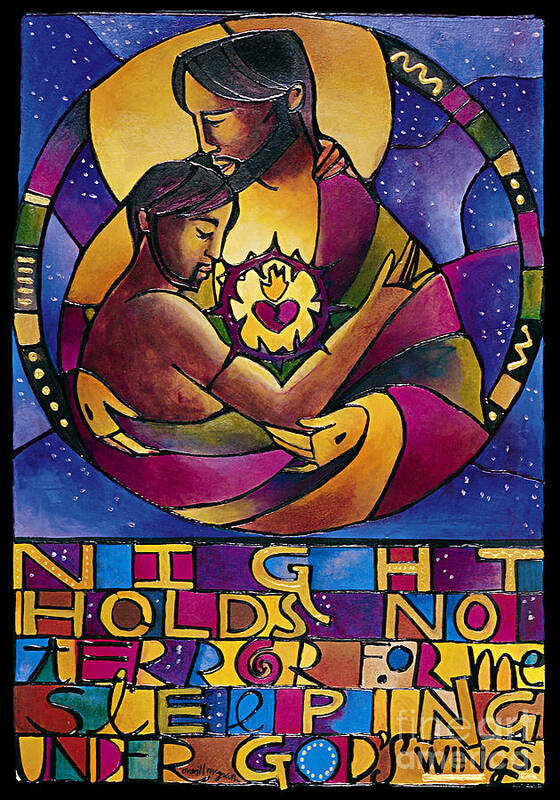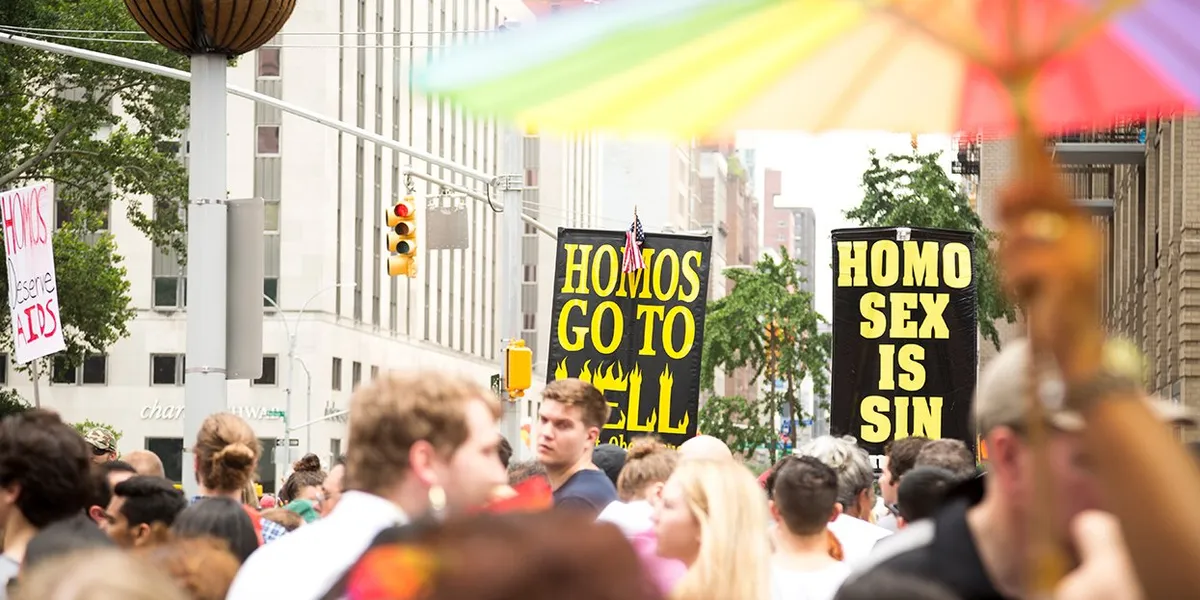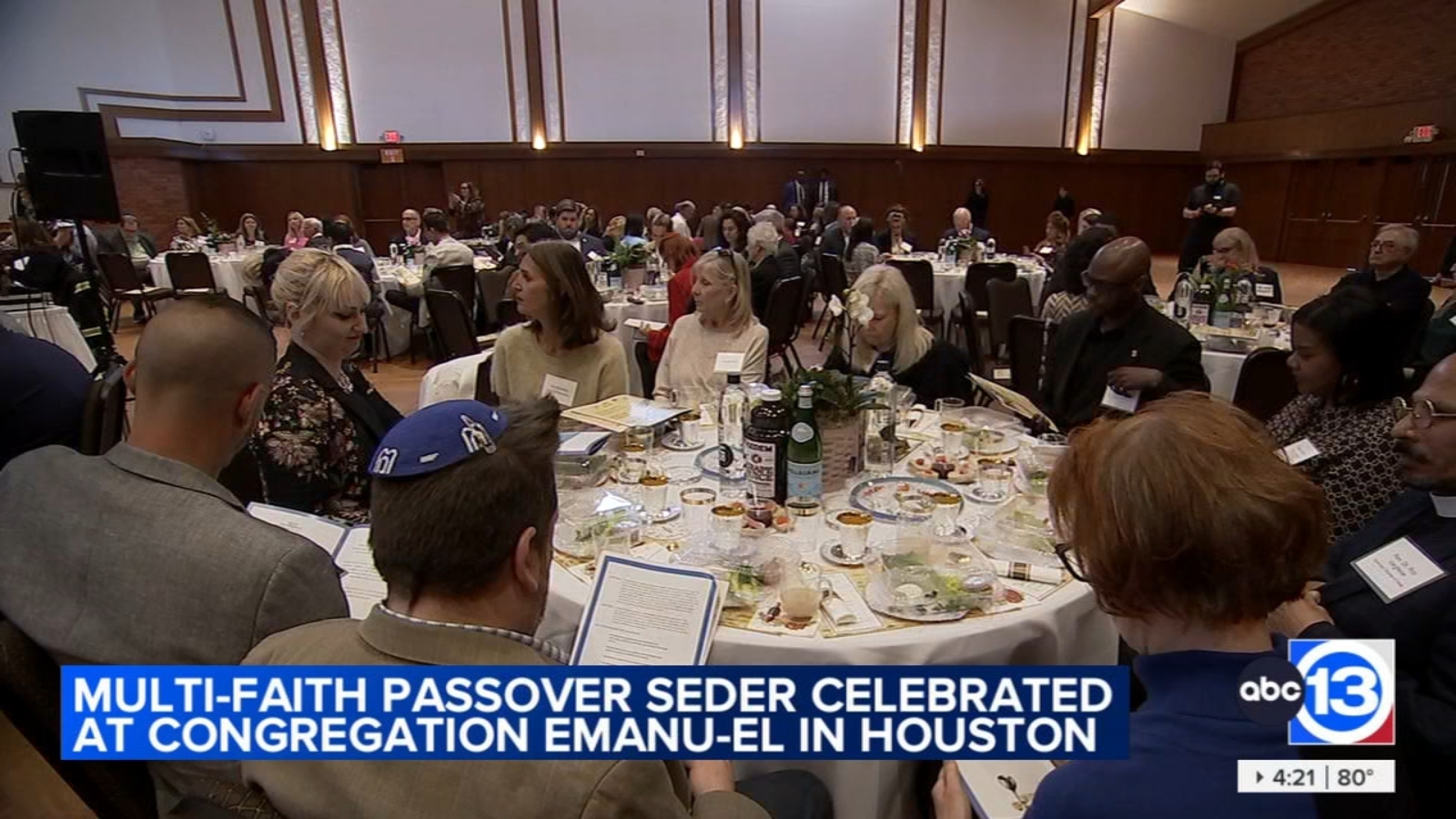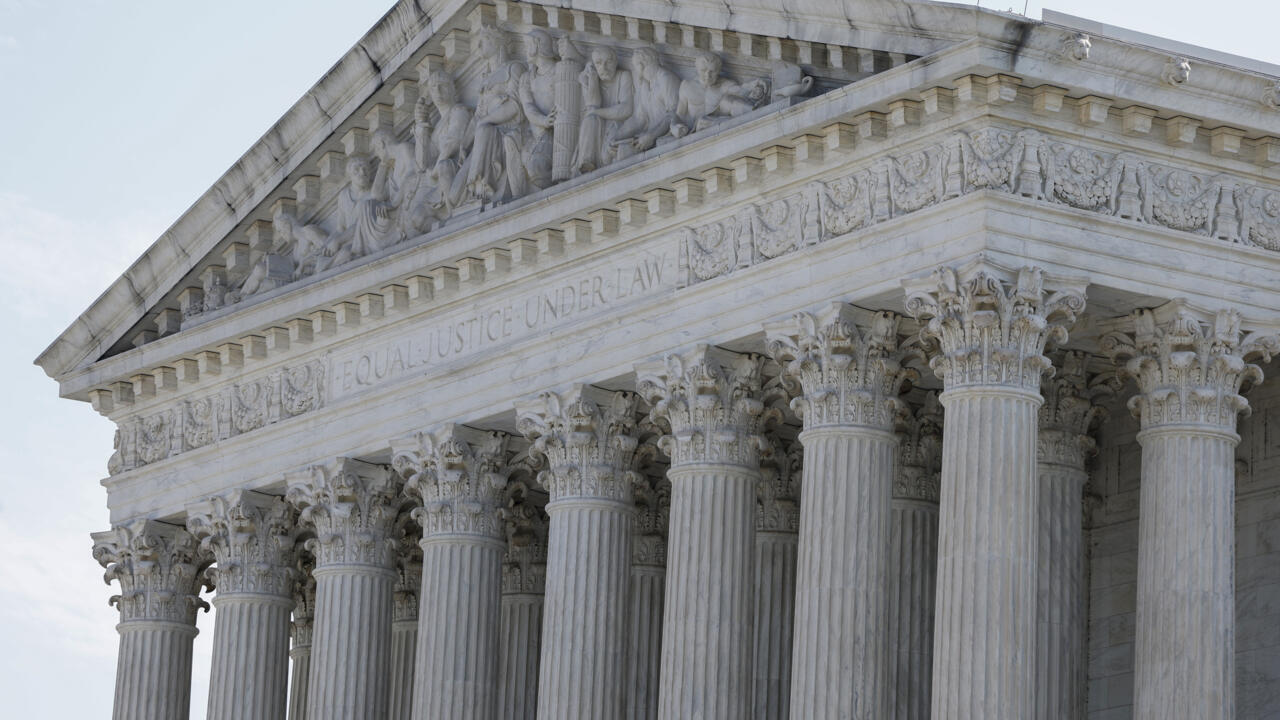Pope Francis' Legacy: Charting the Catholic Church's Uncertain Future
Religion
2025-04-21 09:52:48Content
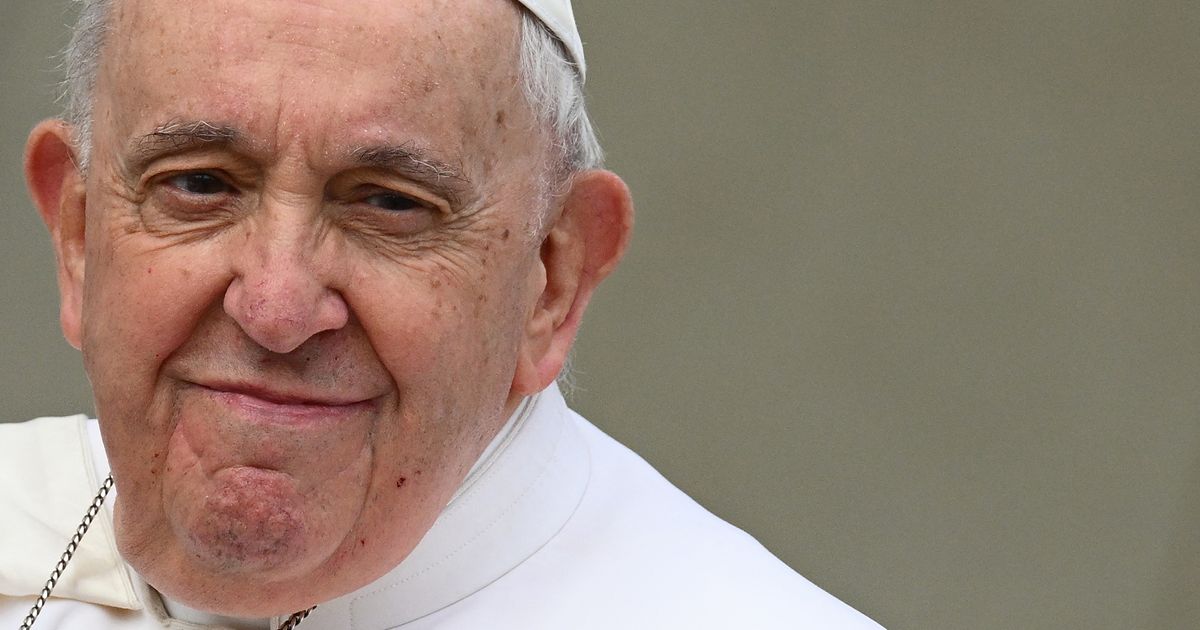
Pope Francis has transformed the Catholic Church in ways few could have imagined, steering the global religious institution toward a more inclusive and diverse future. His decade-long papacy has been marked by groundbreaking shifts in tone, approach, and pastoral care, challenging long-standing traditions and opening dialogues that were previously unthinkable.
From his earliest days as pontiff, Francis has consistently surprised both faithful followers and skeptical observers. He has championed the marginalized, spoken out against economic inequality, and pushed for a more compassionate interpretation of Catholic doctrine. His approach has not just been about words, but about fundamental cultural transformation within the Church.
The landscape Francis leaves behind is dramatically different from the one he inherited. More diverse voices are now part of the Church's conversation, including women, LGBTQ+ individuals, and communities from the Global South. While traditional conservatives remain wary, progressive Catholics see a church increasingly reflective of the complex, interconnected world of the 21st century.
As the Church stands at this critical crossroads, multiple potential paths emerge. Will Francis's reforms be consolidated or rolled back? Can the momentum of inclusivity be maintained? The next papal leadership will face the delicate challenge of honoring his legacy while navigating the complex global religious landscape.
Francis's papacy has been a testament to the possibility of institutional change, demonstrating that even centuries-old organizations can evolve, adapt, and reimagine themselves. His lasting impact may well be the permission he's granted the Church to question, to listen, and to grow.
The Vatican's Transformative Era: Pope Francis Reshapes Catholicism's Global Landscape
In an unprecedented period of ecclesiastical evolution, the Catholic Church stands at a critical juncture, navigating complex theological, social, and institutional transformations under the leadership of Pope Francis. His pontificate has dramatically redefined traditional boundaries, challenging long-established norms and presenting a more inclusive, progressive vision for global Catholicism.A Pontiff Redefining Spiritual Boundaries and Institutional Paradigms
Theological Reimagination and Doctrinal Flexibility
Pope Francis has systematically dismantled rigid theological constructs, introducing nuanced interpretations of Catholic doctrine that emphasize compassion, understanding, and human dignity. His approach transcends conventional dogmatic frameworks, encouraging dialogue and introspection within ecclesiastical circles. By challenging historical interpretations, he has created space for more dynamic theological discourse, recognizing the evolving nature of spiritual understanding in a rapidly changing global context. The pontiff's theological reimagination extends beyond theoretical discussions, manifesting in practical ecclesiastical reforms that address contemporary societal challenges. His emphasis on mercy, social justice, and inclusive spiritual practices represents a profound shift from traditional hierarchical approaches, signaling a more adaptable and responsive religious institution.Institutional Transformation and Structural Reforms
Francis has implemented unprecedented structural reforms within the Vatican, challenging centuries-old administrative traditions. His commitment to transparency, accountability, and decentralization has fundamentally altered institutional power dynamics. By empowering regional episcopal conferences and promoting diverse leadership perspectives, he has created a more collaborative and representative ecclesiastical environment. These reforms extend beyond administrative restructuring, representing a holistic approach to institutional renewal. The pope's vision encompasses financial transparency, addressing historical governance challenges, and creating mechanisms for more democratic decision-making processes within the Church's complex bureaucratic landscape.Global Catholicism and Cultural Engagement
Under Pope Francis's leadership, the Catholic Church has dramatically expanded its global engagement, transcending traditional geographical and cultural boundaries. His pontificate has prioritized dialogue with diverse religious traditions, secular institutions, and marginalized communities, presenting a more inclusive and interconnected vision of spiritual practice. This global approach manifests through diplomatic initiatives, interfaith dialogues, and proactive engagement with contemporary social challenges. By addressing issues like climate change, economic inequality, and human rights, Francis has repositioned the Church as a relevant, progressive institution capable of meaningful societal contribution.Challenges and Future Trajectories
Despite significant achievements, Pope Francis's transformative agenda faces substantial internal resistance. Conservative factions within the Church continue to challenge his progressive interpretations, creating ongoing tensions between traditional and reformist perspectives. The pontiff's ability to navigate these complex internal dynamics will significantly influence Catholicism's future trajectory. The emerging landscape suggests a potential paradigm shift, where theological flexibility, institutional adaptability, and genuine human-centered spirituality become central to Catholic identity. Francis's legacy extends beyond immediate reforms, potentially reshaping religious institutional frameworks for generations to come.Spiritual Leadership in a Complex World
Pope Francis represents a unique model of spiritual leadership, characterized by humility, authenticity, and profound empathy. His approach transcends traditional papal archetypes, presenting a more accessible and relatable form of religious guidance. By consistently prioritizing human dignity and compassionate understanding, he has reconnected institutional religion with fundamental humanitarian values. This leadership style resonates particularly with younger generations, who seek meaningful spiritual experiences that acknowledge complexity, embrace diversity, and address contemporary existential challenges. Francis's pontificate offers a compelling narrative of religious renewal, challenging outdated perceptions and presenting a more dynamic, inclusive spiritual vision.RELATED NEWS
Religion

Faith, Learning, and Policy: School Board's Bold New Religious Education Guidelines
2025-02-25 01:54:51
Religion

Beyond Faith: 'House of David' Producer Reveals the Unexpected Narrative Behind Biblical Epic
2025-03-04 17:26:38
Religion
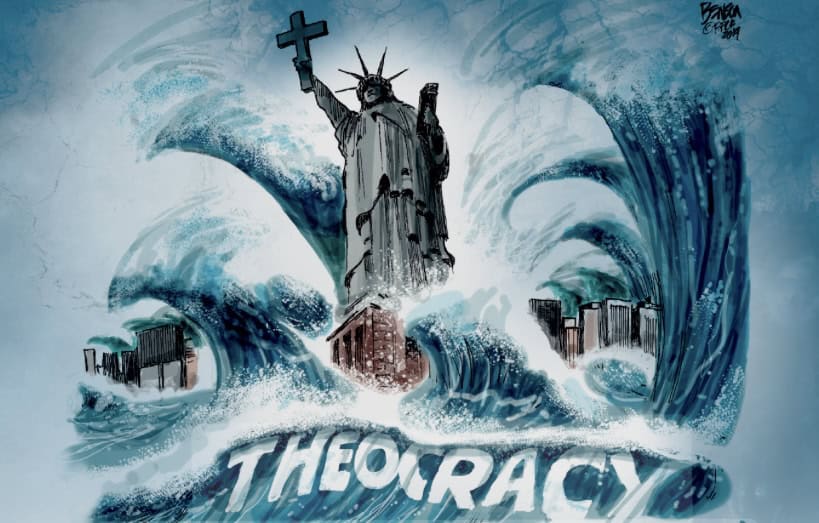
Ironically, Anti-Religious Crusaders May Be Boosting Christian Momentum
2025-03-04 21:35:55
